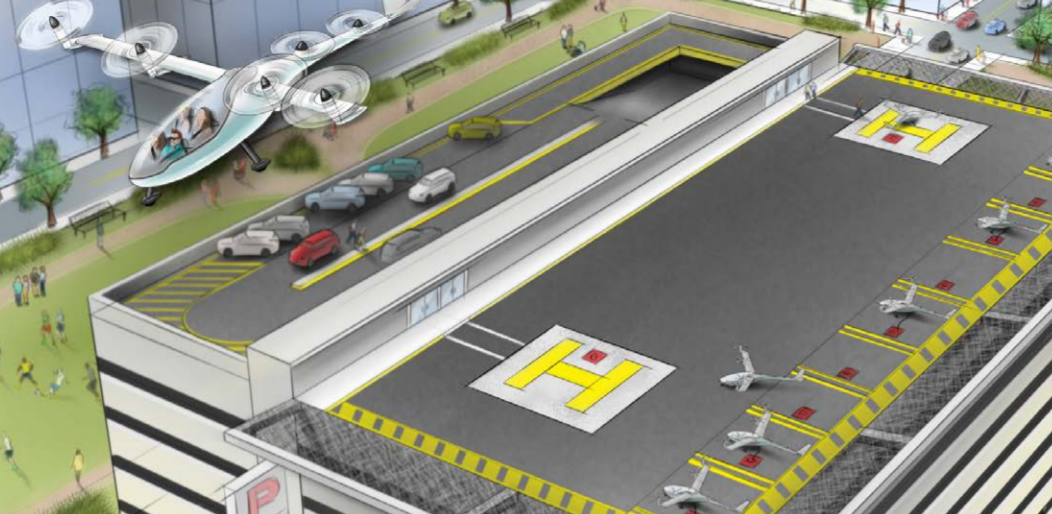Uber has an ambitious goal of launching a network of flying electric vehicles.
The company plans on demonstrating its flying vehicles by 2020 in Dubai and the Dallas-Fort Worth area.
Full-scale operations of its flying taxi venture is projected to begin by 2023.
On Tuesday the ride-hailing tech giant announced that it has partnered with Aurora Flight Sciences to develop electric vertical takeoff and landing (eVTOL) aircraft for its Uber Elevate Network.
Uber published a policy paper last October, titled “Fast-Forwarding to a Future of On-Demand Urban Air Transportation”, which said: “We also believe that in the long-term, VTOLs will be an affordable form of daily transportation for the masses, even less expensive than owning a car. Normally, people think of flying as an expensive and infrequent form of travel, but that is largely due to the low production volume manufacturing of today’s aircraft”

“Urban aviation is a natural next step for Uber,” Jeff Holden, the company’s chief product officer, was quoted by the FT as saying. “We are working to make ‘push a button, get a flight’ a reality.”
Instead of developing the flying car technology in-house, Uber is working with partners.
“Uber is taking a big step forward toward making the world’s first VTOL network a reality and our partnership with Aurora Flight Sciences will help get us off the ground,” said Mark Moore, Director of Engineering for Uber.
“The Elevate VTOL network will help improve urban mobility around the world and transform the way we travel.”
“The Uber Elevate mission is all about low noise, high reliability, and low cost,” said Aurora CEO John Langford.
“By drawing on our nearly 30 years of successful autonomy and robotic programs, Aurora is well positioned to deliver on this urban solution. We have already built and flown the first proof-of-concept aircraft and we’re excited to partner with Uber in accelerating the eVTOL initiative.”
Other partners include the world’s third-largest jet maker Embraer, Pipistre, Bell Helicopter, and Mooney.
